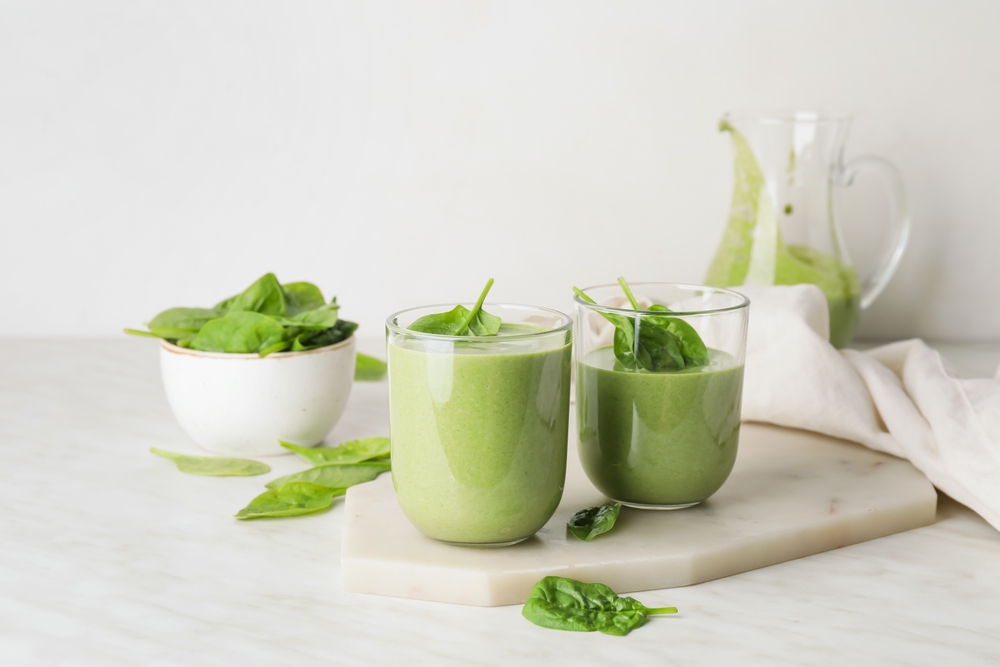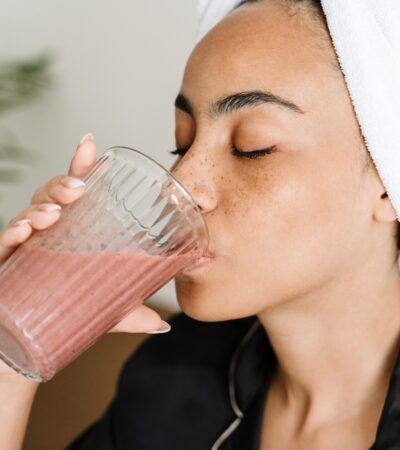You’ve been planning your dream vacation for months, eagerly awaiting the moment you can kick back, relax, and forget about all your worries. But as soon as you finally start to unwind, something unexpected happens – you fall ill. This phenomenon, known as leisure sickness, can turn your much-anticipated holiday into a nightmare. So, what exactly is leisure sickness, and how can you prevent it from ruining your well-deserved break?
Leisure sickness is a peculiar phenomenon where individuals tend to experience symptoms of illness – such as headaches, fatigue, nausea, or even cold or flu-like symptoms – during weekends or vacations. It’s almost as if the body decides to unleash all its pent-up stress and ailments the moment you allow yourself to relax. But why does this happen?
One of the leading theories behind leisure sickness revolves around the impact of stress on our immune system. Chronic stress can weaken the body’s defences, making us more susceptible to illness. When we’re constantly juggling work, family, and other responsibilities, our bodies go into survival mode, prioritising immediate needs over long-term health. As a result, our immune system may suppress symptoms of illness to keep us going. However, once we finally unwind on vacation, our bodies no longer have to maintain this facade, leading to a sudden onset of symptoms.
But fear not, there are ways to combat leisure sickness and ensure that your holiday remains a time of relaxation and rejuvenation rather than one full of sniffles and sneezes. We’ve broken it down into long-term tips that should be implemented all year round to help bolster your immune system and lower stress levels AND some tips for the short term that will help mitigate pesky leisure sickness from ruining your much-needed vacay.
If your trip is over 6 months away you should…
Prioritise Stress Management:
Incorporating stress management techniques into your daily routine is essential for promoting overall well-being and reducing the risk of leisure sickness. Meditation and mindfulness practices offer powerful tools for calming the mind and alleviating stress. By setting aside dedicated time each day for meditation or mindfulness exercises, such as focusing on the present moment or using guided meditation resources, you can cultivate a sense of inner peace and resilience. Deep breathing exercises, such as diaphragmatic breathing or box breathing, provide additional support for managing stress and promoting relaxation. By practising these techniques regularly, you can soothe the nervous system, quiet the mind, and enhance your ability to cope with the challenges of everyday life. Additionally, incorporating gentle movement practices like yoga or tai chi into your routine can further promote relaxation and reduce stress levels. Whether you attend classes at local studios or practice at home, these mind-body practices offer valuable opportunities to connect with your body, breath, and inner wisdom.
Focus On Rest:
Quality sleep is essential for maintaining optimal health and well-being and by establishing a relaxing bedtime routine, you can help signal to your body that it’s time to wind down and prepare for sleep. Engage in calming activities such as reading, taking a warm bath, or practising gentle stretching exercises to promote relaxation and ease into restful sleep. Creating a comfortable sleep environment is equally important for ensuring quality rest. Keep your bedroom dark, quiet, and at a comfortable temperature, and invest in a supportive mattress and pillows to promote proper spinal alignment and reduce discomfort. While napping can be a helpful way to recharge during the day, it’s essential to keep naps short (20-30 minutes) and schedule them strategically to avoid disrupting your nighttime sleep schedule. By prioritising rest and creating healthy sleep habits, you can support your body’s natural healing processes and reduce the risk of illness.
Aid Your Immune System:
Supporting your immune system is crucial for maintaining overall health and resilience, especially during times of increased stress or illness. Incorporating immune-boosting nutrients into your diet can help strengthen your body’s natural defences. Vitamin C is renowned for its immune-boosting properties and can be found in a variety of fruits and vegetables, including citrus fruits, berries, bell peppers, and leafy greens. Consider taking a vitamin C supplement if you have difficulty meeting your daily needs through diet alone. Zinc is another essential nutrient for immune function and can be found in foods like meat, shellfish, nuts, seeds, and legumes. Echinacea and elderberry are two herbal remedies that have been traditionally used to support immune health and reduce the severity and duration of colds and flu. Whether you incorporate these immune-boosting nutrients into your diet or explore supplements, prioritising immune support can help protect against illness and keep you feeling your best. Additionally, maintaining a healthy balance of gut bacteria through probiotic-rich foods and supplements can further support immune function and overall well-being. Integrating these strategies into your daily routine can help strengthen your body’s natural defences and reduce the risk of illness, allowing you to enjoy your vacation to the fullest.
If your trip is under 2 months away you should…
Manage Workload & Responsibilities:
Prioritise tasks and deadlines to ensure that work-related stress is minimised in the days leading up to your vacation. Delegate tasks where possible and communicate with colleagues or clients about your upcoming absence to prevent last-minute emergencies.
Stay Hydrated & Eat Well:
Maintain a balanced diet and stay hydrated in the days leading up to your vacation to support your body’s natural defences. Focus on consuming nutrient-rich whole foods such as fruits, vegetables, whole grains and proteins and, where possible, limit intake of processed foods, sugary snacks, and alcohol.
Take Short Breaks:
Throughout the day, take short breaks to rest and recharge, especially if you’re feeling overwhelmed or fatigued. Step away from your work environment, go for a walk, engage in an activity that promotes mindfulness (whatever takes you away from your phone!) or practice some breathwork for a few minutes to clear your mind and reduce stress.
Prepare For Travel:
Ensure that you have all necessary travel documents, medications, and essentials packed well in advance of your departure date to minimize last-minute stressors. Staring at an empty suitcase the night before and worrying about when you last saw your passport isn’t helping! Create a packing list well ahead of time and check items off as you go to ensure that nothing is forgotten. Whatever you do, don’t leave things until the last minute! You really could do without cortisol raging through your body the day before a flight.
Limit Exposure to Germs:
Take precautions to minimise your exposure to germs in the days and weeks leading up to your vacation. Easier said than done but if you’re aware of it then you’ll be a bit more on it with this sort of thing. Like postponing seeing that friend who’s got a stinker of a cold but insists she’s “fine” or remembering to sanitise your hands after your morning commute to work. Wash your hands frequently, particularly before you eat, avoid close contact with sick individuals and disinfect commonly touched surfaces to reduce the risk of illness transmission.
READ MORE

Nourishing Soup, Juice & Smoothie Recipes To Support Your Immunity

Meditation Not Your Thing? Try These Mindful Activities Instead

From Rhythmic Breathing To Getting Laid: Sleep Tips You Haven’t Tried (But Work a Dream)














